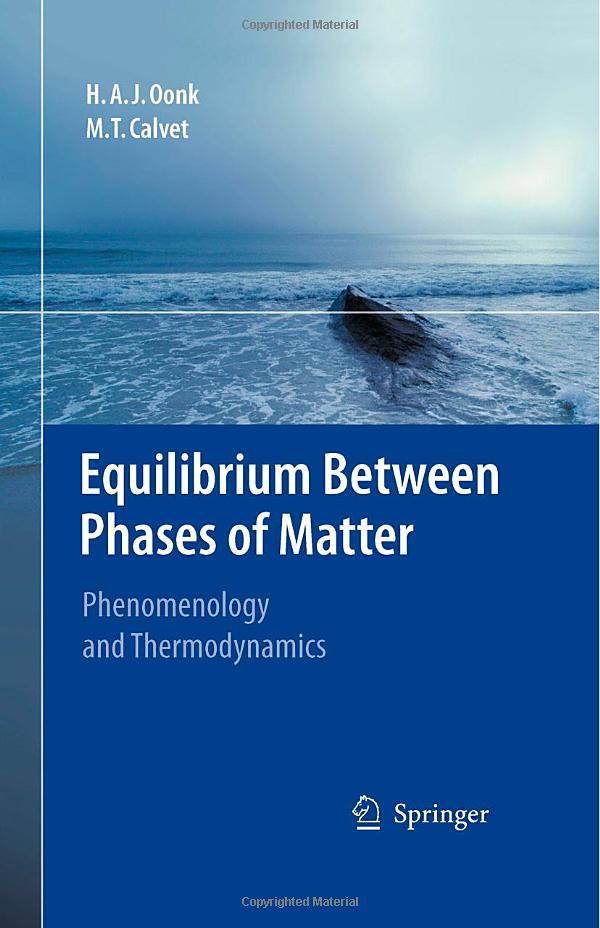Understanding Why Mosquitoes Are Attracted to Light: The Science Behind This Common Phenomenon
Guide or Summary:IntroductionThe Biology of Mosquito AttractionTypes of Light That Attract MosquitoesEnvironmental Factors Influencing AttractionImplication……
Guide or Summary:
- Introduction
- The Biology of Mosquito Attraction
- Types of Light That Attract Mosquitoes
- Environmental Factors Influencing Attraction
- Implications for Mosquito Control
**Translation of "mosquitoes are attracted to light":** 蚊子被光吸引
---

Introduction
Mosquitoes are attracted to light, a phenomenon that has intrigued scientists and the general public alike. This behavior raises questions about the biology and environmental adaptations of these insects. Understanding why mosquitoes are drawn to light can help us devise better strategies for controlling their populations and reducing the nuisances and health risks they pose.
The Biology of Mosquito Attraction
Mosquitoes are primarily nocturnal creatures, and their attraction to light is believed to be linked to their navigation methods. Many insects, including mosquitoes, use natural light sources, such as the moon and stars, to orient themselves while flying. This reliance on light for navigation can sometimes lead them towards artificial sources, causing them to stray from their natural habitats.
Types of Light That Attract Mosquitoes
Not all light sources attract mosquitoes equally. Research indicates that mosquitoes are particularly drawn to ultraviolet (UV) light. This is because UV light mimics the wavelengths emitted by natural light sources, which can signal potential breeding grounds or food sources. Understanding the types of light that attract these pests can aid in developing more effective traps and repellents.

Environmental Factors Influencing Attraction
In addition to light, several environmental factors can influence mosquito behavior. Temperature, humidity, and the presence of carbon dioxide are significant factors that can either enhance or diminish the attraction to light. For instance, warmer temperatures can increase mosquito activity, making them more likely to be drawn to light sources. Similarly, areas with high humidity tend to have more mosquitoes, which can lead to increased encounters with artificial lights.
Implications for Mosquito Control
Understanding that mosquitoes are attracted to light provides valuable insights for pest control strategies. For example, outdoor lighting can be modified to reduce mosquito attraction. Using yellow or amber lights instead of bright white or blue lights can significantly decrease the number of mosquitoes drawn to an area. Furthermore, integrating light traps that utilize UV light can help capture and reduce mosquito populations.
In summary, the fact that mosquitoes are attracted to light is rooted in their biology and environmental adaptations. By understanding this behavior, we can develop more effective strategies for managing mosquito populations, ultimately reducing their impact on human health and comfort. As we continue to study these fascinating insects, we can find innovative ways to coexist with them while minimizing their nuisance.

In conclusion, the relationship between mosquitoes and light is a complex interplay of biology and environmental factors. By leveraging this knowledge, we can create a more harmonious living environment, free from the disturbances caused by these pesky insects.